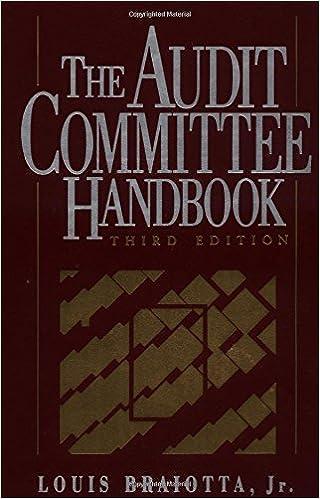
(15 points question total) Consider the following risk-free government bonds with fixed coupons paid annually at the end of every year. None of the bonds have any callable or puttable features. Assume that the current coupon (payable at t= 0) has already been paid, i.e., the prices are quoted ex-coupon. The table below reports coupons, market prices, face values and the time to maturity for each bond: Bond Coupon Market Price Face Value Time to Maturity A 0% $101 $100 5 years B 4% $102 $100 10 years 5% $103 $100 10 years D 3% $90 $100 20 years E 2% $85 $100 20 years F 1% $80 $100 20 years G 4% $70 $100 30 years 3% $68 $100 30 years 2% $65 $100 30 years I - (a) (2 points) Is bond A overvalued or undervalued? Why? Please show all your work and reasoning for full credit. (b) (3 points) Which of the B and C bonds is overvalued and which of these two bonds is undervalued? Why? Please show all your work and reasoning for full credit. (c) (5 points) Which of the D, E and F bonds are overvalued and which of these three bonds are undervalued? Why? Please show all your work and reasoning for full credit. (d) (5 points) Which of the G, H and I bonds are overvalued and which of these three bonds are undervalued? Why? Please show all your work and reasoning for full credit. (15 points question total) Consider the following risk-free government bonds with fixed coupons paid annually at the end of every year. None of the bonds have any callable or puttable features. Assume that the current coupon (payable at t= 0) has already been paid, i.e., the prices are quoted ex-coupon. The table below reports coupons, market prices, face values and the time to maturity for each bond: Bond Coupon Market Price Face Value Time to Maturity A 0% $101 $100 5 years B 4% $102 $100 10 years 5% $103 $100 10 years D 3% $90 $100 20 years E 2% $85 $100 20 years F 1% $80 $100 20 years G 4% $70 $100 30 years 3% $68 $100 30 years 2% $65 $100 30 years I - (a) (2 points) Is bond A overvalued or undervalued? Why? Please show all your work and reasoning for full credit. (b) (3 points) Which of the B and C bonds is overvalued and which of these two bonds is undervalued? Why? Please show all your work and reasoning for full credit. (c) (5 points) Which of the D, E and F bonds are overvalued and which of these three bonds are undervalued? Why? Please show all your work and reasoning for full credit. (d) (5 points) Which of the G, H and I bonds are overvalued and which of these three bonds are undervalued? Why? Please show all your work and reasoning for full credit







